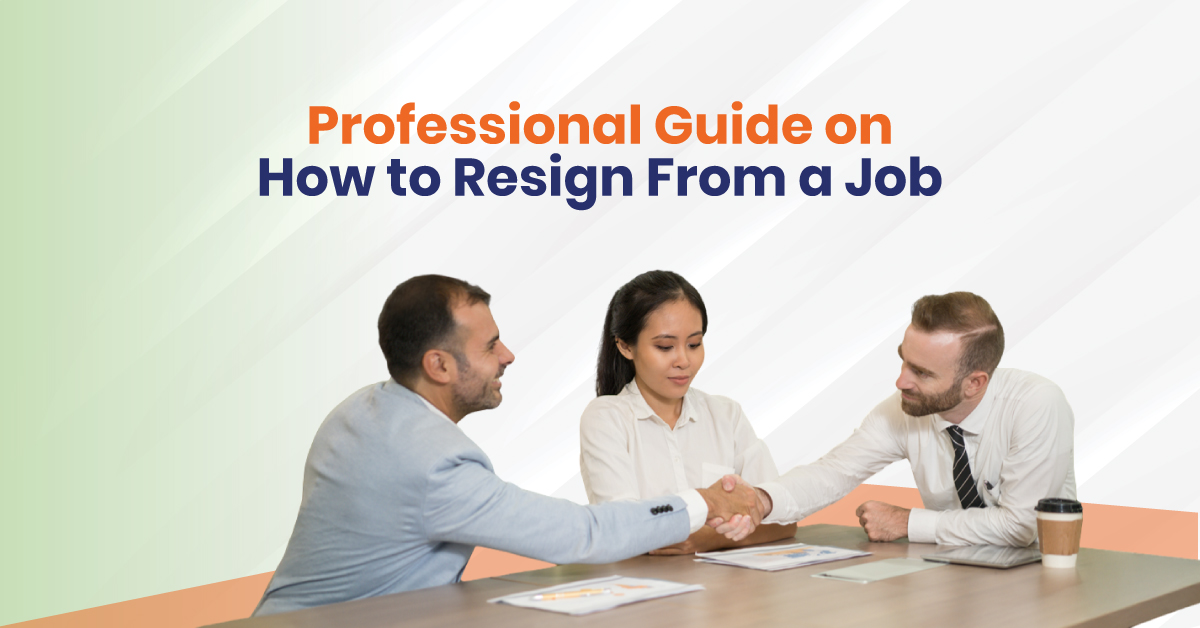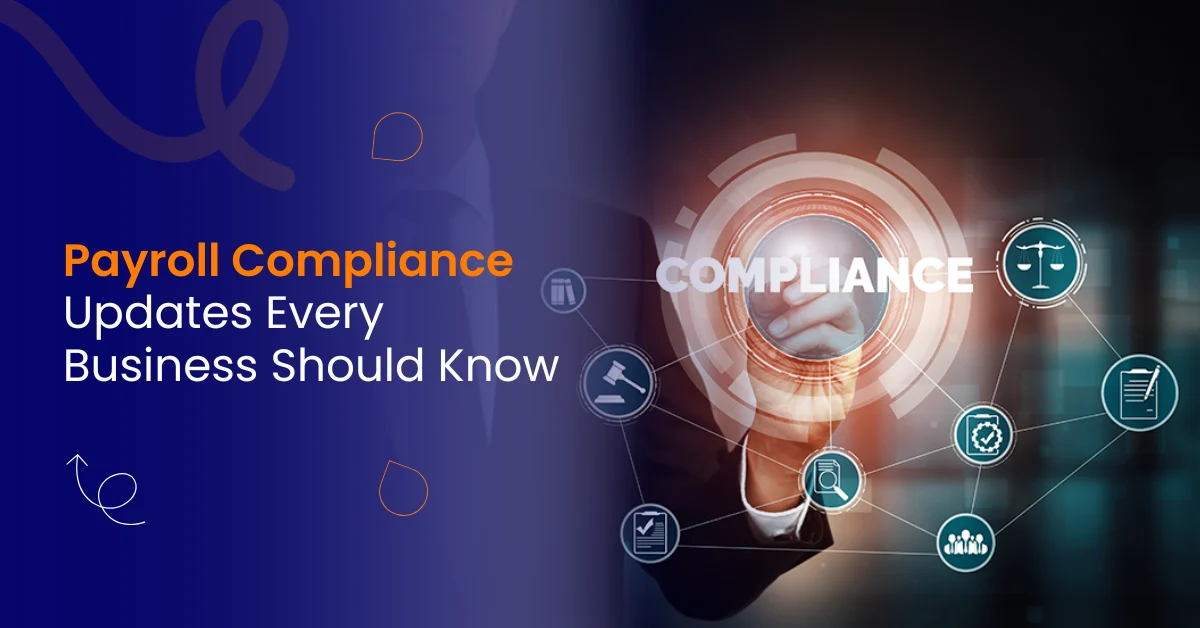Your Guide to a Graceful and Smooth Exit
Resignation is a tough situation for an employee. But the resignation process can actually strengthen your professional reputation if approached with clarity and respect.
Knowing how to resign from a job in a professional manner is the key to leaving on good terms, whether you’re moving towards a better opportunity, a new position, or a personal decision. It may protect your career trajectory and open new opportunities in future.
In this guide, let’s explore a structured human approach to help you manage your exit.
Review Your Employment Contract Before Resigning
Check your employment contract before coming to any conclusion. It outlines everything you’re accountable for, including the notice period and any conditions around severance pay or resigning early.
Here’s what to look for:
- Notice period: Is it the usual four weeks, or are you expected to give more?
- Leaving early: Can you walk away immediately, or is that off the table?
- Remaining Pay: Are you eligible for severance pay or unused leave payout?
- Company Property: Check for returning equipment, revoking remote access, or other “official de-boarding” tasks?
These pointers help you plan your resignation process smartly and avoid any issues with your current employer.
Write a Clear and Respectful Resignation Letter
After you have reviewed your responsibilities, now draft a “respectful and polite resignation letter”. You must keep it simple, sincere, and professional. The tone of the email matters a lot, whether you’re submitting a formal resignation letter manually or over email.
Your resignation letter should include:
- Date of submission
- The company name and your current position
- Your last working day (based on your notice period)
- A line expressing gratitude for the opportunity
- A short note offering support in the transition process
Here’s a simple template for a professional resignation letter:
Dear [Manager’s Name],
Please accept this letter as formal notice of my resignation from my role as [Your Job Title] at [Company Name]. As per my employment contract, I will serve a [X weeks’ notice] period, with my final day being [Final Date].
I’m thankful for the support, collaboration, and growth during my time here. I’m happy to assist with the transition to ensure a smooth handover.
Sincerely,
[Your Name]
Keep the tone neutral but kind. Avoid adding too much detail or negative comments; this is not the place to explain your entire motivation.
Inform Your Direct Manager/Supervisor First, Then HR
Once your resignation letter is ready, your direct supervisor should be the first to know. Not colleagues. Not friends. It’s a professional courtesy to go straight to the reporting line.
How to manage this well:
- Book a private meeting and discuss your intent to resign.
- Always keep a polite and professional tone ( even when you’re leaving for some negative reasons ).
- After your conversation with the manager and the HR, email your formal letter with clear documentation.
This respectful process helps in both your current job and your future professional relationships.
Support the Transition Process Like a Professional
Resigning is just step one; how you exit leaves the real impression. Whether you’re staying for two weeks or a month, treat this time as a handoff, not a checkout.
Here’s how to exit with grace:
- Pass the baton: Document your projects, key contacts, and any tools or access points.
- Loop in your team: Share where things stand and who’s taking over what.
- Support the next hire: If your replacement’s on board, offer your insights to set them up for success.
Think of it as your final deliverable, one that says more about your professionalism than any resume bullet ever could.
Keep It Positive – Even When It’s Not
No matter your reasons for leaving, career growth, better pay, or just a change in direction, don’t let negative sentiments spill into conversations.
Stick to these principles:
- Stay positive in every conversation.
- Show gratitude for the role, the team, and the lessons.
- Skip the venting, even in exit interviews. Especially there.
Leaving on good terms isn’t just polite, it’s strategic. A thoughtful exit keeps doors open. You never know when a past colleague becomes a future connection.
Be Prepared for the Exit Interview
An exit interview is your final professional interaction with your current employer. Your approach strongly influences your last and future impression.
What to keep in mind:
- Even if there were challenges in your current job, focus on facts, not emotions and keep it professional.
- Express gratitude for any learning or leadership you experienced.
- Provide constructive feedback ( only when asked ), but avoid complaints or blaming individuals.
- Stay respectful, especially when discussing important elements like career growth, team collaboration, or process improvements.
Think of this as a closing conversation, not a venting session. It’s not just about the feedback; it’s about your professional reputation.
Return All Company Property and Personal Files
Make sure you return every company’s belongings and clear your digital and physical space before leaving, finally. Don’t forget to put an official email stating the same.
Key steps:
- Return all company property: Laptops, ID cards, keys, chargers, drives, anything issued for work, whether remote or onsite.
- Clear personal files: Remove personal docs, downloads, or login data from company devices. Leave it clean for the next person.
- Tidy up your workspace: Pack your belongings quietly and respectfully. No disruptions, no loose ends.
This shows your professional courtesy, ensures smooth operations after your departure, and keeps the handover respectful.
Make Your Final Day Count
Your last day is more than a calendar date; it’s the conclusion of your story at the organisation. Make it memorable for the right reasons.
Here’s what you should focus on:
- Wrap up important tasks and tie up all loose ends
- Document any current projects so they can be resumed without confusion
- Communicate final updates to your team or the new employee taking over
- Say goodbye with appreciation and respect, not just to your manager, but across the hr department, juniors, and peers
And remember, no matter how brief or long your stay was, a warm exit signals leadership.
Stay Connected with Your Professional Contacts
Once you leave, maintain the professional relationships you built. Your network doesn’t expire with your employment contract; in fact, it can help you long after your resignation.
To do this:
- Add former managers and teammates to LinkedIn
- Send a short message after your exit expressing appreciation
- Keep in touch for industry updates or potential collaborations
Whether it’s for a future employer, recommendation, or collaboration, your professional contacts are valuable.
Communicate Clearly with Your New Employer
Now that the resignation is sorted, shift focus to your new position. This step often gets overlooked but is essential for starting right.
What you should do:
- Confirm your start date aligns with when your notice period ends
- If you anticipate delays or remaining tasks, inform your new employer early
- Understand their expectations and company culture so you’re prepared from Day 1
- Plan for any pre-joining formalities (ID documents, training prep, etc.)
This clear transition reflects well on your professional approach and keeps both employers at ease.
Secure Your Final Settlement
As your last day approaches, it’s time to handle your final settlement. This includes everything you’re owed and any deductions your current employer may apply.
Points to confirm:
- Severance pay, if part of your policy
- Payout of unused leaves or reimbursements
- TDS or tax documentation is required for future employment
- Last month’s salary, bonus, and benefit clearances
Track what’s pending, what’s signed off, and what’s expected from HR.
Leave on a Positive Note, Always
The way you close this chapter reflects your values. Whether you stayed 6 months or 6 years, a positive experience shared at the end goes a long way.
Here’s how:
- Thank your manager for their guidance, even if you disagreed
- Acknowledge the team’s contribution to your growth
- Keep things polite in every farewell message or conversation
This last gesture, showing humility and respect, can preserve your reputation, earn you strong references, and reflect well during future employment discussions.
Final Thought: Leave as Well as You Entered
Resignation is your final impression on the organisation you served. And how you leave says as much about you as how you showed up. Respect your notice, stay professional and leave things better than you found them.
Because this isn’t just about closing a chapter; it’s about building the reputation that follows you into the next one.
Simplify exits, automate compliance, resignations, settlements, and handovers.
Frequently Asked Questions
1. What’s the right way to resign?
Start by reviewing your contract. Then, write a clear resignation letter, speak with your manager (not your colleagues), and follow up with HR. Always give proper notice and help with the handover.
2. Do I really need a formal resignation letter?
Yes. It’s your official record, sets your final day, and reflects your professionalism. A quick chat isn’t enough.
3. How much notice should I give?
Two weeks is standard, but senior roles or contracts may require more. Always check your agreement before acting.
4. Can I leave immediately?
Only if your contract allows it or your employer agrees. Otherwise, leaving abruptly can damage your reputation.
5. Should I tell my coworkers before my boss?
No. Your manager or HR should always hear it first, not through the grapevine.
6. Is the exit interview mandatory?
Not legally, but it’s common practice. Use it to offer helpful insights, not to vent frustrations.
7. What if I don’t return company property?
It could lead to pay deductions or legal trouble. Return all assets, and clear your personal data too.
8. What should I avoid during resignation?
No negativity, no vague timelines, and no disappearing acts. Leave clean, clear, and on a professional note.
9. Can I take time off during my notice?
If approved by your manager. But aim to be present, your final impression matters.
10. Can I stay in touch with my old team?
Absolutely. Good relationships can open future doors. Stay connected, respectfully.






